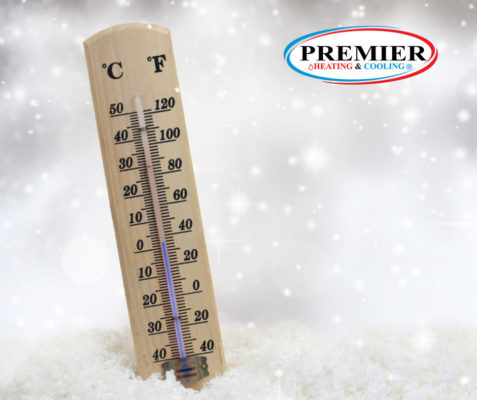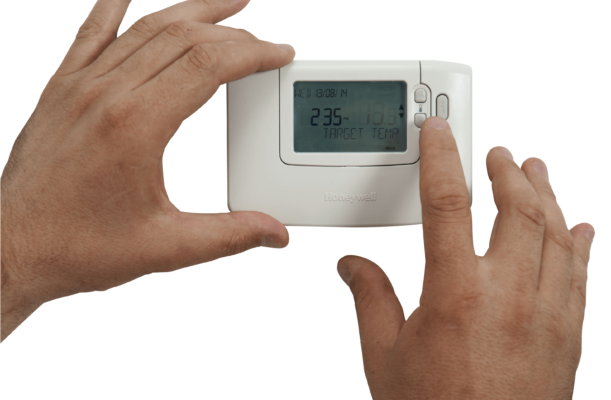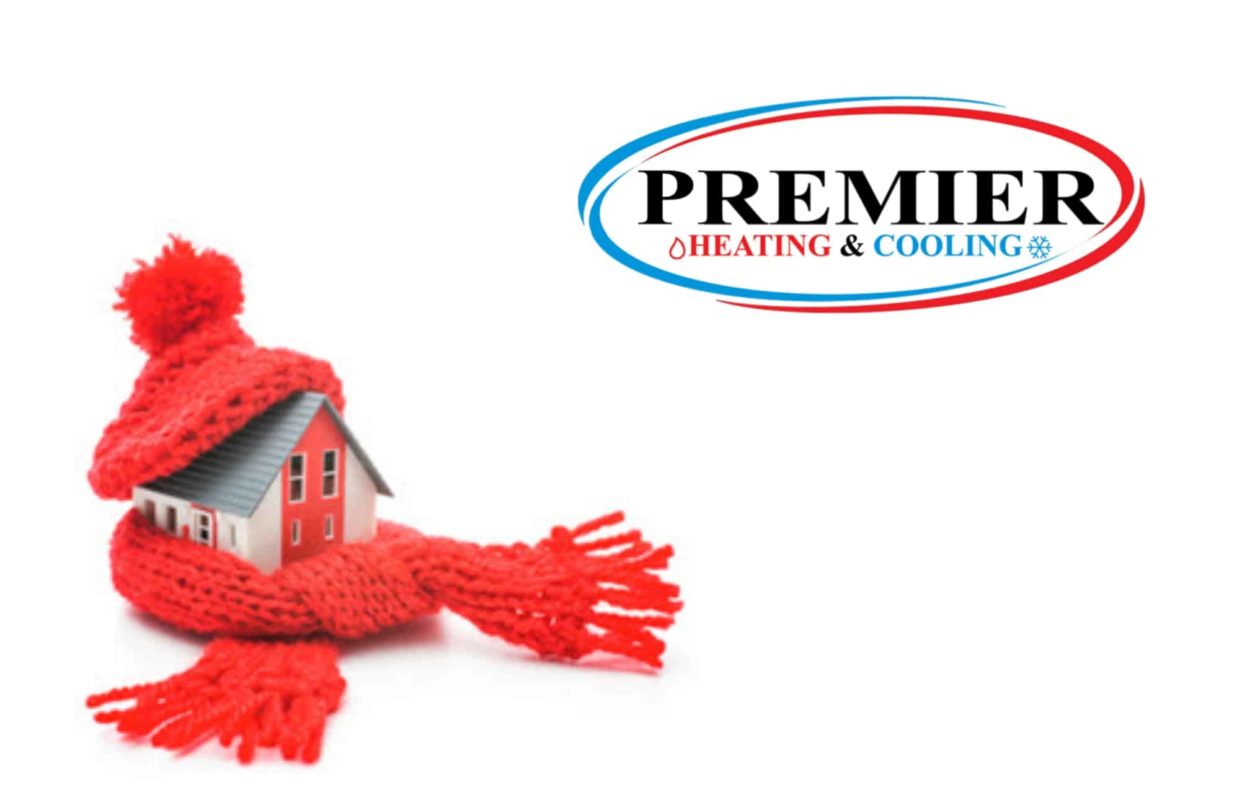The vicious cold of winter can put a chill in more than just your home – your chequing account could feel it, too. Energy costs are steadily rising, and Ontarians are paying higher and higher monthly bills. But what we pay can depend on more than just the cost of natural gas; it can also depend on the HVAC system, how you run it, and how well your home is insulated. To save money on heating this winter, make sure you check on these key areas!
Your HVAC System
The efficiency of your HVAC system is essential to saving money. If it’s not turning on when needed, or you notice that it’s going into overdrive, you’re going to be throwing away money. If  you have an older model of furnace, you can get rebates through the HVAC company to help you upgrade to an Energy Star model.
you have an older model of furnace, you can get rebates through the HVAC company to help you upgrade to an Energy Star model.
Basic HVAC maintenance is another way you can ensure that your system works as efficiently as possible. Your filter should be changed regularly, the heat exchanger should be cleaned, and the furnace seams should be sealed to prevent air leaks. Have the intricate electronics and parts checked out by a professional HVAC technician.
How Your Run Your Furnace
 When looking to cut down on heating costs, you can start at the obvious point: your thermostat. It should be a programmable or smart thermostat that you can “teach” to adjust the temperature based on when you are and are not at home. By adjusting the levels to be 2 – 4 degrees cooler when you’re at work and asleep, you could save yourself a lot of money!
When looking to cut down on heating costs, you can start at the obvious point: your thermostat. It should be a programmable or smart thermostat that you can “teach” to adjust the temperature based on when you are and are not at home. By adjusting the levels to be 2 – 4 degrees cooler when you’re at work and asleep, you could save yourself a lot of money!
If you’re still working with an older thermostat model, have it changed ASAP. It’s a cheap replacement, and it can save you as much as 20% on your heating bill.
Your Home’s Insulation
Your home’s insulation is its armour against the cold, but there can be many weak points in this armour that make protection ineffective. Your insulation in the attic should be up to code, yes, but there are many other points through which cold air can get in and bring down the temperature. Check around any points to the outside, including doors, windows, plumbing, cable access points, and ductwork, and have the weaknesses sealed. Your home could be a real sieve for hot air if these points aren’t sealed off properly.
Speaking of the attic, the access points to your top level can be some of the biggest leaks. Make sure the lid is insulated and that there are no gaps or cracks around the door. One of the ![]() biggest and most expensive lessons homeowners learn is that even the small things count when it comes to heat efficiency! Call us today and we’ll provide you with a free phone consultation!
biggest and most expensive lessons homeowners learn is that even the small things count when it comes to heat efficiency! Call us today and we’ll provide you with a free phone consultation!

